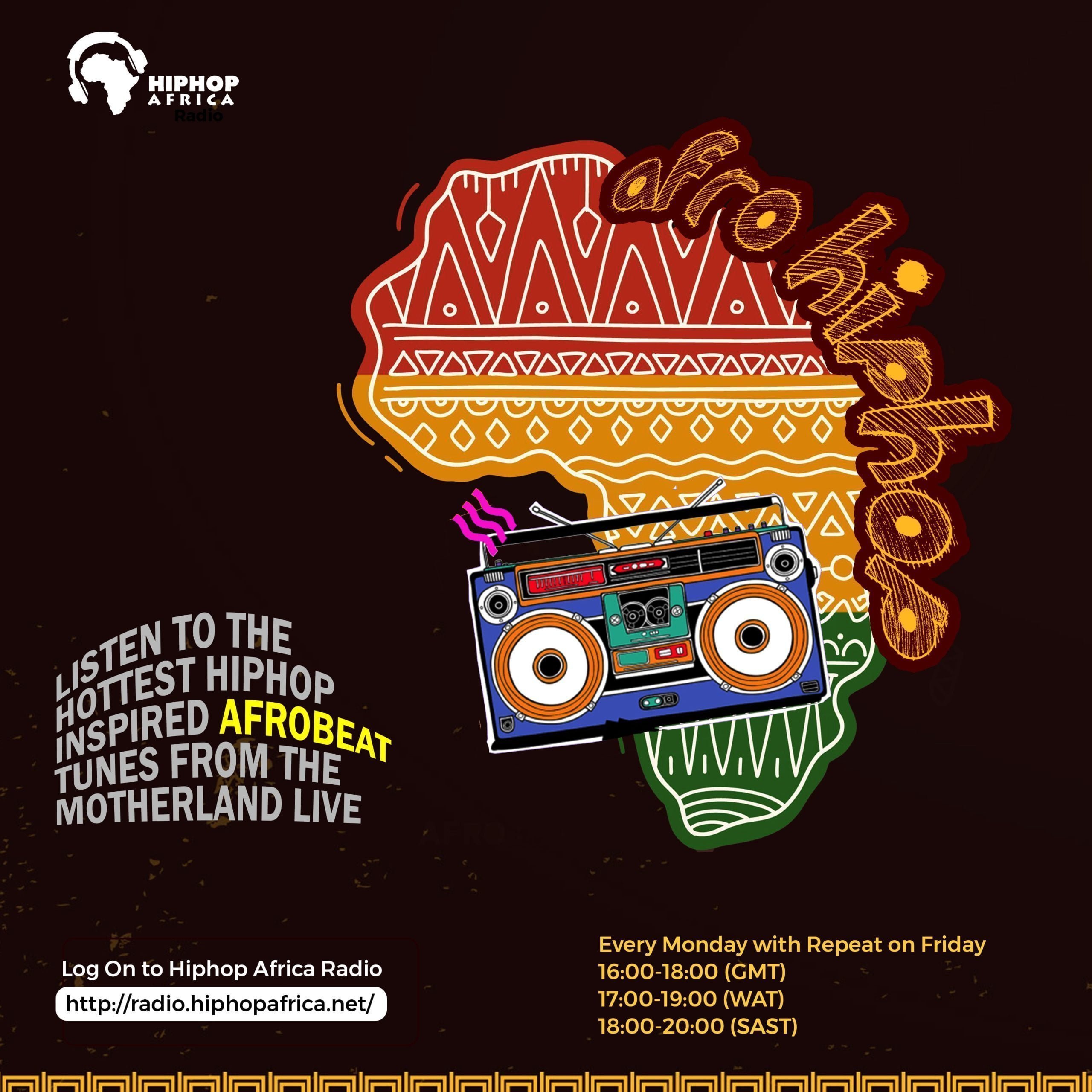Emtee Reveals His Latest SAMRO Payment. Overthe years, artists have always been encouraged to register their music with SAMRO, in order to obtain their royalties. SAMRO’s primary role is to administer Performing Rights on behalf of members. The copyright asset management company does this by licensing music users, through the collection of licence fees which are then distributed as royalties. When an artist’s music is on a high rotation across SA radio stations, one would expect to get quite the payout, however, that is not always the case.
A recent revelation by award-winning rapper Emtee is shining the light on how much payments are from the organisation. Emtee shared that he has received R30 payment from SAMRO. Emtee revealed this in response to a tweet by popular DJ Prince Kaybee who revealed he had received R100 from the organisation. The rapper’s fans were rather shocked to find out how much Emtee received, some of his fans however argued that at least Emtee got something. Emtee reminded the follower that he is a parent and things are costly.
Royalties are always a burning issue when it comes to the music business. Recently Cassper Nyovest came under fire for allegedly not paying royalties to legendary group, Mahotella Queens who feature on his track called Malome. Producer Veli Shabangu made the allegations against the award-winning rapper at the memorial service of Nobesuthu Mbadu a member of the iconic SA group. “The same energy that he used back then when he wanted the song from them, he must use it to pay them their royalties. Why should they chase after him now?” Shabangu is quoted as saying by Sunday World.
Earlier this year SAMRO revealed that it was unable to pay its members that much needed Covid-19 relief due to missing information, such as banking details. The organisations at the time needed to pay various amounts to artists, the amount depends on the usage of an artists creation. SAMRO CEO Mark Rosin had explained to Sunday World that the amount a be as little as R100 to R250 000. “The distributable value is divided by the total seconds of music [as submitted by the broadcaster], with the result being the unit rate per second. The total seconds of the member’s music used by the station or channel is multiplied by the unit rate.
“License fee is R2m and distributable value divided by 6,000,000, which is a total seconds of music for radio station = R0,33. The R0,33 is multiplied by 2,000 [seconds of music – for a particulate song] = R667. This would mean that the song would have earned royalties amounting to R667, from the specific radio station and the same calculation is repeated for every radio station, TV channel, film, live concert and digital service provider licensed. The overall value thereafter is what is paid to the member as a royalty,” Rosin explained.


